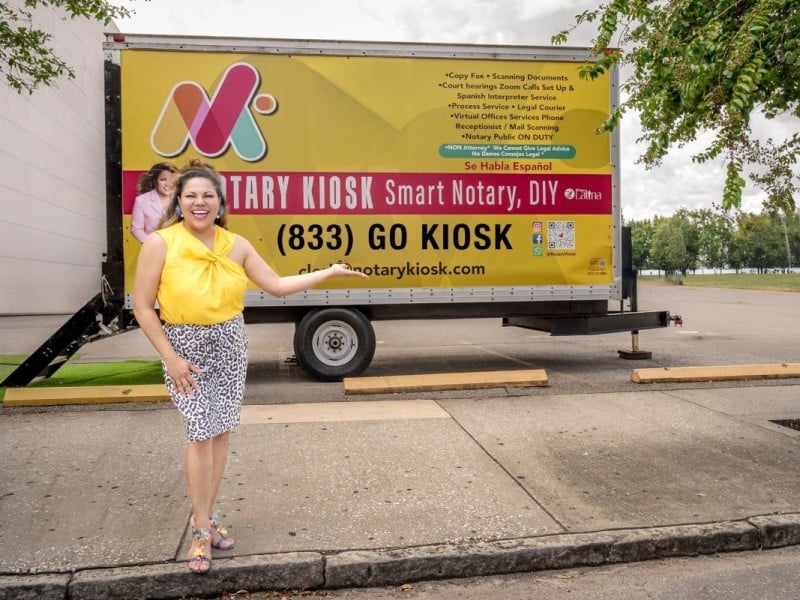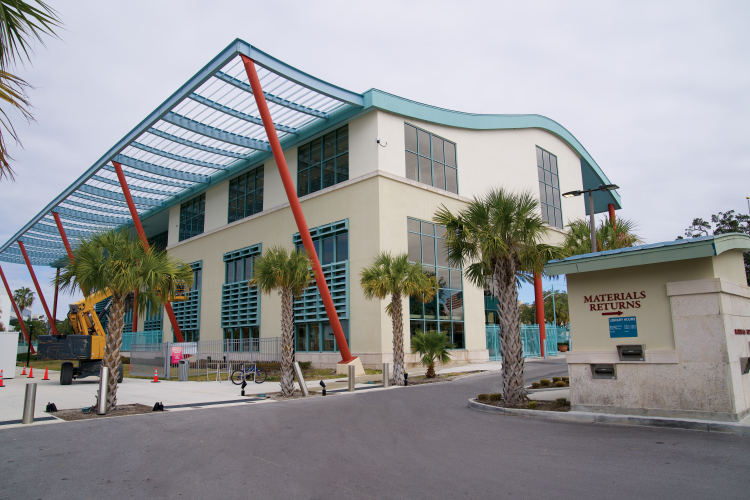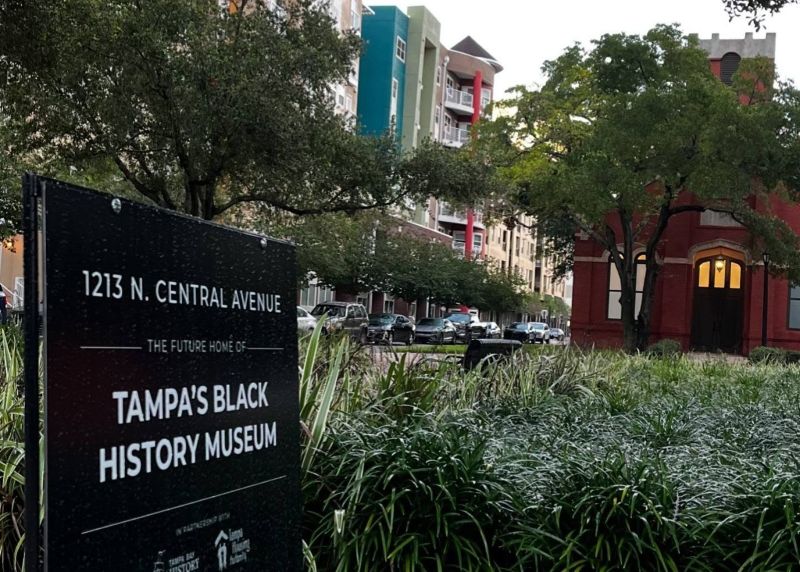UT student entrepreneurs compete for global prize recognizing solutions to social issues
University of Tampa students win the regional competition to compete in 2015 for the $1M Hult Prize, a global recognition for innovative solutions to traditional problems facing urban slums around the world. Bamboo, the students say, is key.

A team of five student entrepreneurs from the University of Tampa plans to bring bamboo to urban slums as a means of providing both sanitation and education.
Their startup idea, called “BamBoost,” won the local competition of the Hult Prize in late November 2014. It involves selling bamboo-fiber diaper liners and toilet bags to families in urban slums — products that address the need for improved sanitation and basic quality of life for disadvantaged children living in these impoverished areas.
Founding team member Mani Thangadurai explains, “BamBoost is effectively a combination of ‘bamboo’ and ‘boost,’ so our tagline is ‘using bamboo to boost your quality of life!’’
Thangadurai and BamBoost’s other team members — Vignesh Parameswaran, Bijen Patel, Trent Lott and Caio Amaral — will now continue on to a regional round in March 2015, where they will compete for a chance to win $1 million in capital to turn this proposal into a reality.
The Hult Prize is a competition and a startup accelerator for social entrepreneurship. Each year, college and university students from around the globe compete to solve an issue addressed by the competition’s theme. This year’s theme, selected by former president Bill Clinton, is “Early Childhood Education in the Urban Slum and Beyond.”
Improving urban slums through social entrepreneurship
The BamBoost team, five enterprising undergrad and MBA students from UT, knew that they wanted to focus on education for children. They quickly determined that the best way to achieve this would be through distributing cost-efficient toys — but families living in slums likely couldn’t afford any toys.
The team’s solution? Creating biodegradable sanitation products that both raise funds and fight sanitation issues — and which include educational toys. The challenge? Finding a cost-friendly way to do it.
The commuter lounge on UT’s campus held the answer.
One day, during a team meeting, “I saw these two fake bamboo plants and the idea suddenly hit me: bamboo was the key,” says Lott. “It grows extremely fast, it’s biodegradable, it’s durable, and it can be turned into fiber.”
Each bamboo-based sanitary product would come with free, bamboo-based educational toys aimed at advancing a child’s mental and physical faculties (like building blocks, puzzles and puppets), along with instructions for use.
“We’ve put thought into how these toys will encourage early cognitive and physical development for children at certain ages from 0 to 6,” says Thangadurai. “In addition, the sanitary products address the need for improved sanitation in the slum areas, and the depressing problem of child mortality.”
While some other team’s proposals focused on fund-raising, BamBoost didn’t want to “skirt the issue,” says Thangadurai. By creating a physical product, the team could “ensure that the children and their families were targeted and involved, in particular involving the parents as stakeholders in their children’s education.”
Parameswaran says that the concept of Bamboost is simple. “The primary problem in slum areas is sanitation. The best way to educate is to educate for free. We researched affordable sanitary products and figured out that baby diaper liners made out of bamboo are of low cost and efficient. The toys are designed for specific age groups, to enhance motor and sensory skills.”
“Our vision is to advance mental and physical educational capacities, as well as sanitation, in young children in urban slums of the world,” Parameswaran says.
Elevating Tampa on the global entrepreneurial map
Phil Michaels, Hult Prize Campus Director at UT, competed on the Hult Prize team from UT in 2013, Ambrosia Global. They made it to the finals.
“It was so impactful,” he says, “It made me realize that we can compete on the same level, at the same caliber, on the same platform, as Ivy League schools.”
Michaels, a full-time dual MBA and MS-seeking student, also helped UT become one of around 70 host schools for the Hult Prize in 2014. The local event, held Nov 21, 2014, was sponsored by UT’s Sykes College of Business Entrepreneurship Center and Hill Ward Henderson, a full-service law firm based in downtown Tampa.
Following an upcoming regional competition on March 13-14, 2015, in Boston, six finalists will spend six weeks attending a summer entrepreneurial program hosted by Hult International Business School. A final round of competition will be hosted at the Clinton Global Initiative annual meeting in September 2015, where the winning team will be awarded the $1 million prize – and Michaels hopes to see Tampa on top.
“I believe that Tampa is the next wave of social entrepreneurs,” says Michaels. “Social enterprise is the answer to social change – a for-profit business with a social good mission. Competing in a global competition, but also bringing social entrepreneurship to Tampa’s community, is very important to drive the innovative, disruptive tech that’s needed to put us on a global map who can compete with major entrepreneurial hubs.”
Justine Benstead is a freelance writer who can usually be found walking her dog in her South Tampa neighborhood, drinking far too much coffee, tweeting @JustineinTampa, and taking photos with her trusty Nikon. Comments? Contact 83 Degrees.
In photo: (left to right): Caio Amaral (Sao Paulo, Brazil), Bijen Patel (Plant City, Florida), Vignesh Parameswaran (Chennai, India), Trent Lott (Plant City, Florida), and Mani Thangadurai (United Kingdom).














